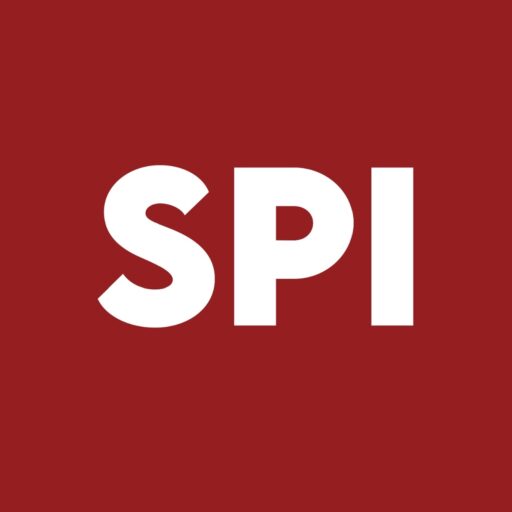On the 17th of October every year, countries from all over the world observe the International Day for the Eradication of Poverty. This is a day to raise awareness about the critical issues surrounding poverty and inequality, including the urgent need for a decent standard of living. For South Africa, a country marked by a historical legacy of injustices, discrimination and marginalisation as well as persistent structural unemployment challenges, this day serves as a saddening reminder of the ongoing struggle against poverty and inequality.
The legacy of apartheid continues to haunt South Africa. Even after 30 years of democracy, the country still has systematic inequalities. Despite the progress made since 1994, the gap between the rich and the poor remains significant, with a very small percentage of the population controlling a huge portion of the country’s resources while millions of South Africans deal with the harsh realities of extreme poverty. The top 10% own about 86% of aggregate wealth and the top 0.1% own about 25%, in other words, one quarter of all wealth. The wealthiest 0.01%, which is just 3,500 individuals, comprise about 15% of household net worth, more than the bottom 90% as a whole. This highlights the need for urgent action to address this imbalance.
The COVID-19 pandemic further exacerbated existing vulnerabilities and drove many South Africans deeper into poverty. As businesses closed and economic activities slowed down, the effect on unemployment was severe. Unemployment rates increased drastically and reached alarming levels. As of late, the expanded unemployment rate has risen to 42.6% (Q2 2024), disproportionately affecting black African women at a shocking 50.4%. Millions of people continue to live below the food poverty line of R796 (2024) per person per month, which translates to just R27 a day. This crisis not only affects individuals but also has far-reaching consequences for families, communities, and the country at large.
The South African government has implemented programs such as the Social Relief of Distress (SRD) grant and the Expanded Public Works Program (EPWP). These programs have provided critical support to many in need; however, these programmes only offer immediate relief and fail to address the root causes of poverty. For instance, the SRD grant, currently set at R370 per month, is not enough to adequately meet the basic needs of those living in poverty. Moreover, the EPWP provides short-term employment for unskilled and semi-skilled workers but is not designed for long-term employment, and these individuals find themselves in unemployment again once their contracts end. This recurring pattern of temporary employment followed by unemployment does not do much to address the underlying causes of poverty and inequality.
To truly eradicate poverty, there is a need for a more comprehensive approach that will not only offer immediate relief but also empower individuals and communities to break the cycle of poverty. A Universal Basic Income (UBI) is the most feasible solution to tackle the unprecedented levels of poverty and inequality and also grow the economy of the country. This means providing everyone with an unconditional monthly cash payment set at the upper-bound poverty line, which increases every year (R1,634 in 2024), regardless of race, gender or income. Implementing a UBI at this level would end extreme poverty overnight and provide a first dignity floor below which no one in South Africa will fall. It would serve as a reliable source of income and reduce vulnerability to economic shocks, allowing people to navigate crises like job loss, health emergencies or climate crises more effectively. This amount is also significant enough to create a multiplier effect, and thus accelerate economic growth of 5.6% per annum and employment creation of over 2 million decent jobs. It would also significantly advance the well-being of women, the unacknowledged caregivers of the nation. SPI’s research has demonstrated that a universal income payment of this amount after three years can be 96% self-financing.
As we commemorate this important call, mindful of the impending hosting by South Africa of the G20 in 2025, join SPI in calling for a political commitment to the adoption and implementation of a Universal Basic Income in South Africa by the end of 2025.
Poverty can be solved, here and now. Will you join the call?
ISSUED BY SOCIAL POLICY INITIATIVE.
Please contact: +27 (0)11 833 0161 | Isobel Frye: 0845081271










